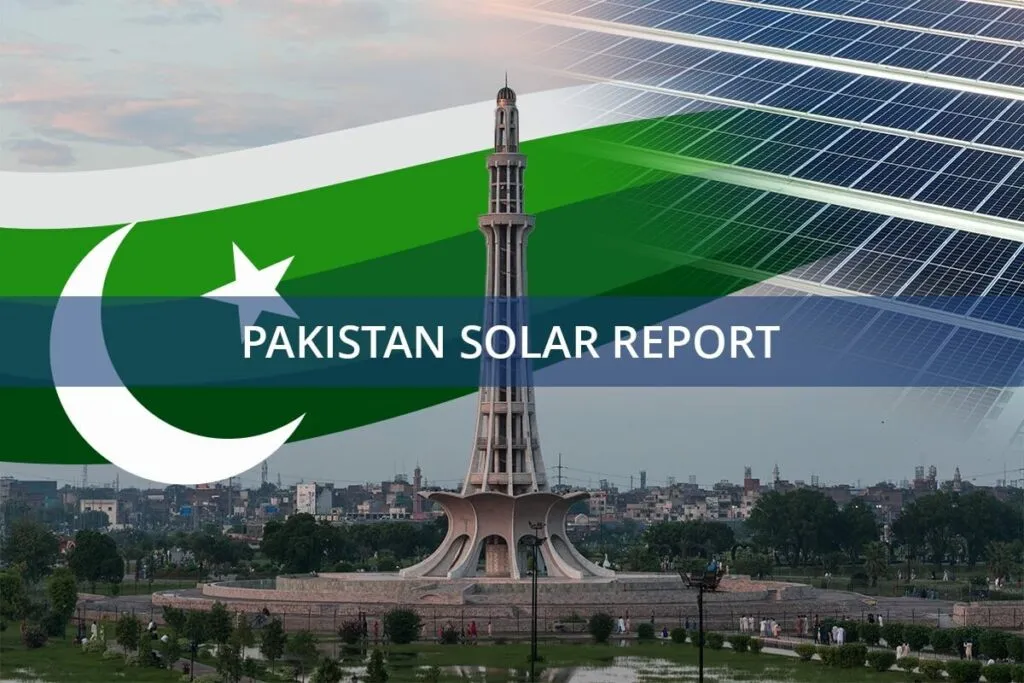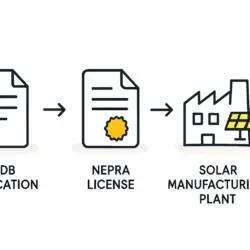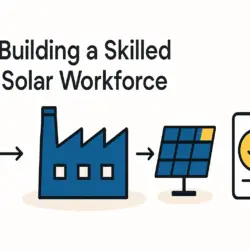Wafi Energy Pakistan has successfully implemented its Access to Energy (A2E) program, providing transformative solar solutions to rural communities across the country. By integrating solar power into remote areas, the company has not only illuminated homes but has also catalyzed significant improvements in essential services and economic growth.
Rural solar Pakistan: Empowerment Through A2E
The Access to Energy (A2E) initiative is a significant step towards providing sustainable, renewable energy to Pakistan’s underserved regions. This program directly supports the government’s ambitious goal of achieving 30% renewable energy by 2030, a key part of the nation’s broader energy strategy.
Since its inception in 2018, Wafi Energy Pakistan’s A2E program has established vital microgrids in remote villages, delivering solar-powered solutions that transform communities from the ground up. The impact has been profound, directly improving the lives of over 5,000 people, with wider benefits reaching more than 8,000 individuals. These systems have enhanced healthcare, education, and economic opportunities in rural areas that previously lacked adequate energy infrastructure.
The program has also implemented solar-powered water purification systems, providing clean drinking water to thousands of residents. More recently, the initiative has expanded to support local economies directly. Key achievements include the installation of six solar-powered tube wells, which drastically reduce diesel consumption and lower irrigation costs for farmers. Furthermore, the introduction of solar-powered flour milling and milk chilling facilities has boosted local agricultural activities and reduced environmental impact. By addressing energy poverty, Wafi Energy is building community self-reliance and economic resilience.
The benefits of the A2E program extend beyond clean energy access. In many rural communities, the availability of reliable electricity has enabled the establishment of small businesses. These microgrids have allowed entrepreneurs to open shops and small manufacturing units, creating jobs and stimulating local economic growth.
Moreover, access to reliable energy has vastly improved healthcare facilities. Clinics that once struggled without consistent electricity can now provide superior services, including critical refrigeration for vaccines and proper lighting for nighttime operations. This has led to better health outcomes for rural populations, particularly for children and the elderly.
Solar Solutions for Urban Areas in Pakistan
In urban centers, Wafi Energy Pakistan’s solar solutions have surged in popularity as a response to frequent power outages and increasing electricity costs. This trend is part of a larger national movement, as Pakistan’s solar power capacity surges amid amazing demand. The company has introduced a range of solar products, including high-efficiency solar panels, inverters, and batteries, designed to meet the diverse energy needs of urban residents. Understanding the basics of solar panel manufacturing can help consumers appreciate the technology behind these effective solutions.
Seeing the success of programs like A2E, the government has expressed keen interest in expanding such initiatives across more regions. This push is part of a wider effort that has seen Pakistan achieve a stunning 18,000 MW of solar capacity by 2025. By collaborating with private sector leaders like Wafi Energy Pakistan, the government aims to achieve its renewable energy targets and promote sustainable development nationwide.
Wafi Energy Pakistan’s solar solutions have proven to be a reliable and cost-effective alternative to traditional energy sources. With the rising demand for clean energy, the company’s role in the energy sector is expected to grow, contributing significantly to the country’s overall energy security.
Partnerships and Future Expansion of Rural solar Pakistan
The success of Wafi Energy Pakistan’s A2E program is attributed to its innovative approach and strong partnerships with local communities. By understanding the unique energy needs of each region, the company has been able to design tailored solutions that effectively address these challenges. This approach aligns with broader Pakistan solar initiatives and the remarkable energy boost planned for the coming years.
With the expansion of its A2E program, Wafi Energy Pakistan is set to play a key role in achieving the country’s renewable energy targets. The program is a cornerstone of the company’s sustainability strategy, aligning with national development priorities and the United Nations Sustainable Development Goals (SDGs), particularly in clean energy, economic growth, and climate action. The entire solar panel manufacturing process is being refined to support this large-scale expansion.
The company’s commitment to sustainability and innovation positions it as a leader in the renewable energy sector, driving the transition towards a greener and more sustainable future for Pakistan. To learn more about the technical and financial aspects of building such infrastructure, explore our free e-course on solar panel manufacturing.



